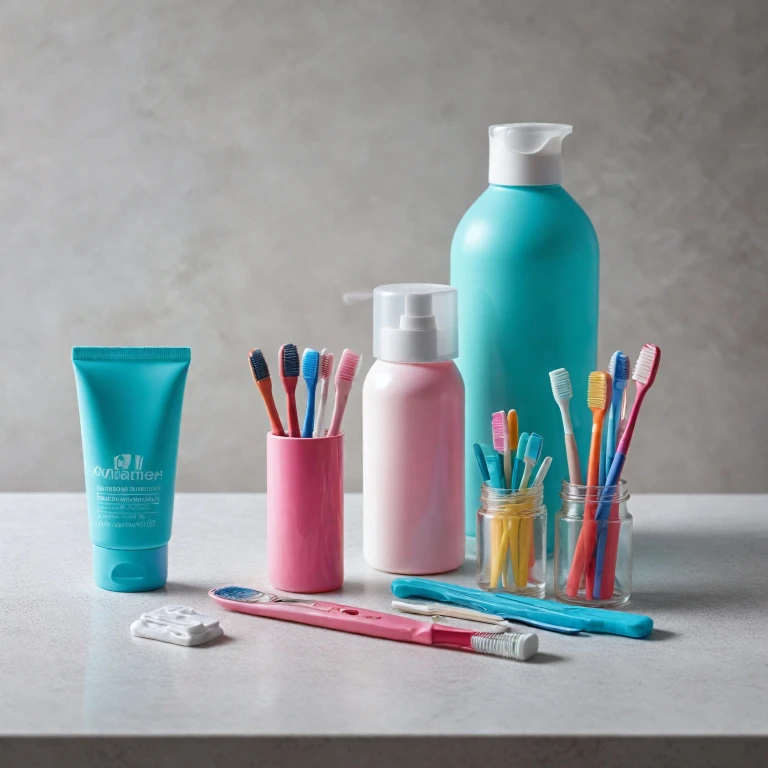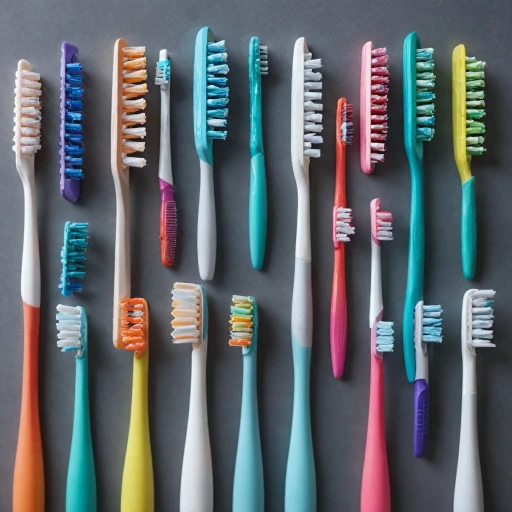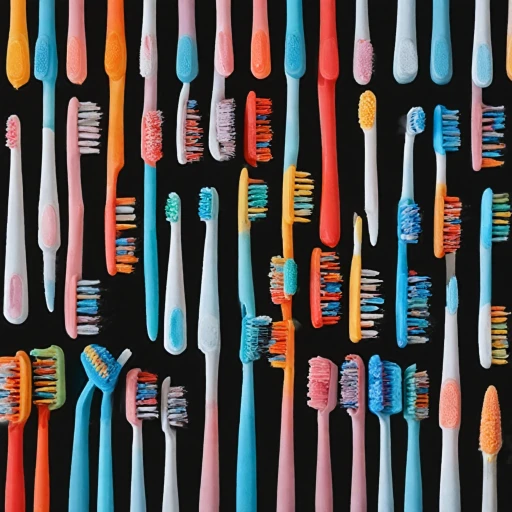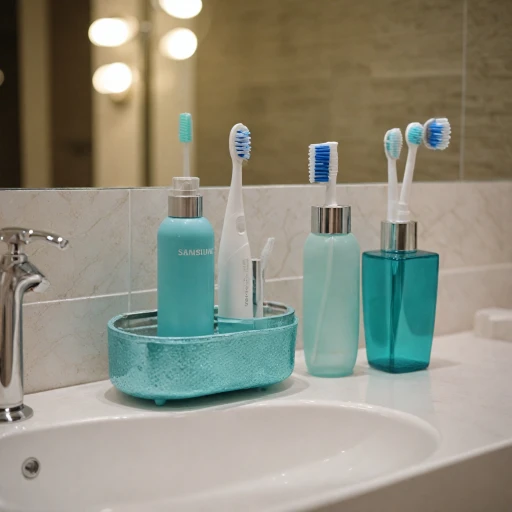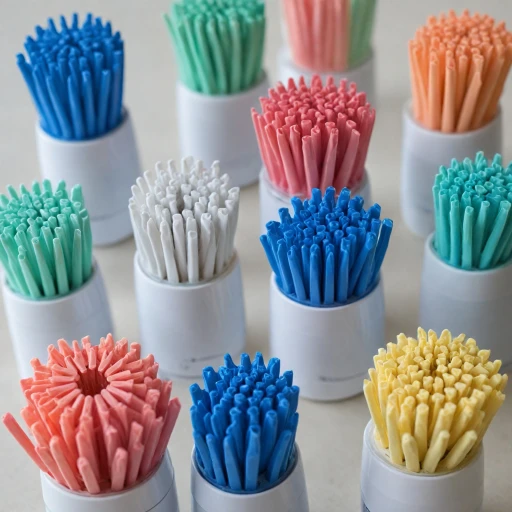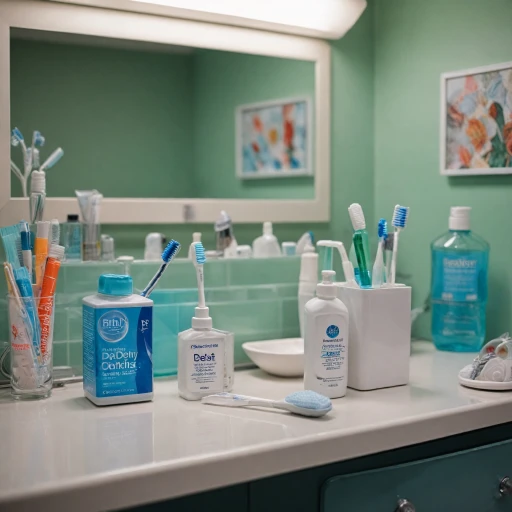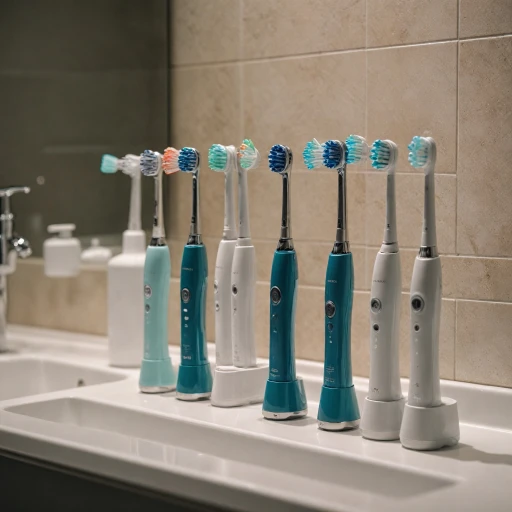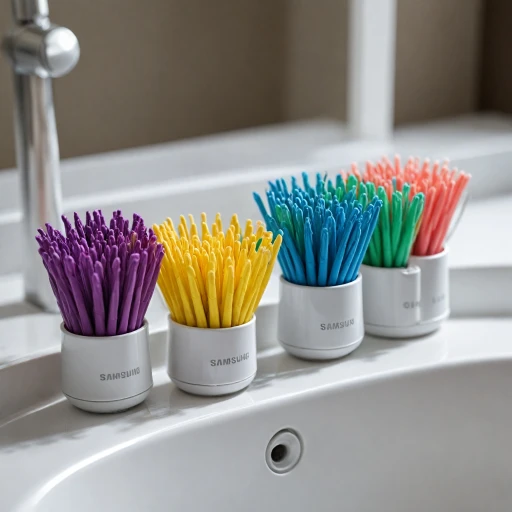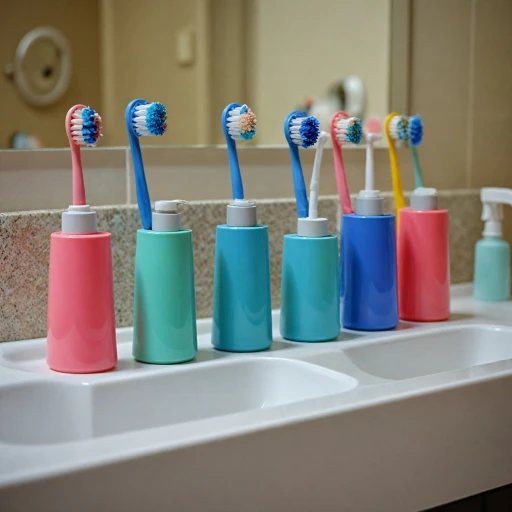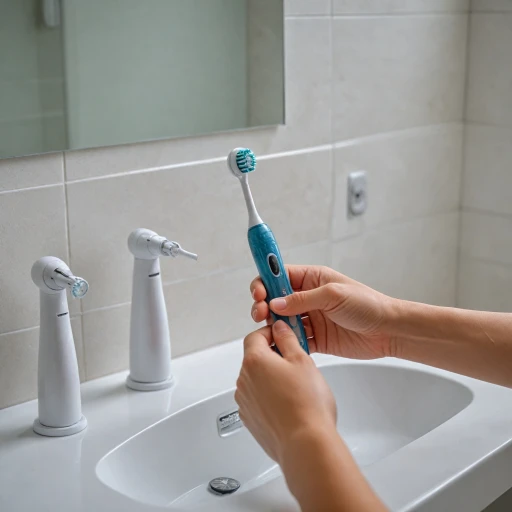
Understanding Electric Toothbrush Technology
Delving into Electric Toothbrush Technology
Electric toothbrushes have revolutionized the way we approach dental care, offering a more efficient and effective way to maintain oral hygiene. At the core of these devices is a technology that combines rapid bristle movement with user-friendly features, making them a popular choice for those seeking to enhance their oral health routine.
These toothbrushes typically operate using oscillating-rotating or sonic technology. Oscillating-rotating brushes feature a small, round head that rotates in one direction and then the other, effectively removing plaque and reducing the risk of tooth decay and gum disease. Sonic toothbrushes, on the other hand, use high-frequency vibrations to agitate the toothpaste and water, creating a dynamic fluid action that reaches between teeth and along the gum line. For more insights into the advantages of sonic toothbrush heads, you can explore this comprehensive guide.
Understanding the technology behind electric toothbrushes can help you make informed decisions about your dental hygiene products. As you explore the benefits of these devices, consider how they can complement other oral care tools like dental floss, fluoride toothpaste, and mouthwash. A systematic review of your oral hygiene routine can reveal areas for improvement, ensuring you maintain optimal dental health.
In the following sections, we'll delve deeper into the benefits of using electric toothbrushes and how to choose the right one for your needs. Whether you're shopping on Amazon or consulting with your dentist, finding the best oral care tools is essential for preventing bad breath, tooth decay, and maintaining overall oral health.
Benefits of Using Electric Toothbrushes
The Advantages Electric Toothbrushes Offer
When considering the vast array of hygiene products available, electric toothbrushes stand out for their numerous benefits, significantly enhancing oral care practices. The design and technology of these toothbrushes allow for a more effective cleaning experience, contributing to improved oral health.
- Effective Cleaning: Electric toothbrushes are designed to be more efficient in removing plaque and reducing gum disease risk. Thanks to their oscillating or sonic movements, they can reach areas that traditional toothbrushes often miss, providing a comprehensive clean.
- Ease of Use: For individuals struggling with manual dexterity, these devices aid significantly in achieving a thorough clean with less effort. Simply guiding an electric toothbrush over the teeth ensures proper brushing techniques are applied.
- Built-in Timers: Often equipped with timers, electric toothbrushes help users maintain the recommended two-minute brushing duration, supporting better oral hygiene habits.
- Encourages Regular Use: The advanced features and psychologically appealing nature of electric toothbrushes often encourage more regular use, improving dental care routines and contributing to overall oral health.
- Assists with Sensitive Teeth: With different modes for sensitive teeth, users can enjoy a comfortable experience without sacrificing dental hygiene efficiency.
Even the choice of toothpaste partners well with electric brushing techniques, especially those enriched with fluoride, enhancing the benefits further by strengthening enamel and reducing tooth decay. For more detailed information on the advantages of specific electric toothbrush heads, such as Sonicare, consider checking out this informative resource.
These advanced devices play a vital role in maintaining not only beautifully clean teeth but also contribute towards fresher breath and a healthier mouth overall. Paired with regular visits to the dentist, the use of dental floss, and perhaps a water flosser, individuals can achieve and maintain optimal oral hygiene with ease.
Choosing the Right Electric Toothbrush
Selecting Your Ideal Electric Toothbrush
Choosing the right electric toothbrush can significantly enhance your dental care routine. Given the myriad of options available, making a choice might seem overwhelming. However, by considering a few critical factors, you can make an informed decision that fits your oral care needs.
- Oral Health Needs: Evaluate your specific oral health requirements. Are you dealing with issues like gum disease, tooth decay, or sensitive teeth? Identifying these needs will help narrow down the features that matter most, such as pressure sensors or modes specifically designed for sensitive teeth. Additionally, think about incorporating toothpaste for sensitive teeth to complement your brushing routine.
- Features and Technology: Electric toothbrushes come equipped with a range of features such as timers, adjustable speeds, and specialized brush heads. Consider models that offer timer settings to ensure you brush for the dentist-recommended two minutes. Some advanced models by brands like Oral-B even include Bluetooth connectivity for syncing brushing data with apps—enhancing your oral hygiene monitoring.
- Type of Brush Head: From oscillating designs to sonic technology, the type of brush head can make a difference. Oscillating heads rotate for a thorough clean, while sonic toothbrushes vibrate at high speeds to move water and toothpaste into spaces between teeth. Selecting the right brush head comes down to personal preference and the specific benefits you’re seeking.
- Cost and Brand Reliability: Budget can influence your choice, but don't let this be the sole factor. Investing in a reliable brand can save you expenses on additional dental hygiene products down the line. Popular brands on platforms like Amazon often have comprehensive user reviews, helping you gauge reliability and effectiveness.
By focusing on these aspects, you can enhance your brushing experience while contributing positively to your overall oral health. Remember, a systematic review of your oral care routine can pay off in the form of better dental hygiene and fewer visits to the dentist.
Common Misconceptions About Electric Toothbrushes
Debunking Misunderstandings About Electric Toothbrushes
Electric toothbrushes are increasingly popular among dental hygiene products, yet they are often surrounded by misconceptions that can confuse potential users. Let’s dispel some of these myths to help you make informed decisions about your oral care.- Myth 1: Electric toothbrushes are too harsh on teeth and gums. Contrary to this belief, electric brushes are designed with gentle settings to cater to various oral health needs, including those with sensitive teeth. They often come with pressure sensors to prevent over-brushing, a feature not present in manual brushes, making them a safer choice for maintaining dental care.
- Myth 2: Manual toothbrushes are more effective for cleaning. A systematic review revealed that using electric toothbrushes can lead to better plaque reduction and gum health compared to manual brushing. They offer efficient, consistent motions which can be especially beneficial in reaching interdental spaces where dental floss might not suffice.
- Myth 3: Electric toothbrushes are too expensive. While the initial investment can be higher than manual brushes, the health benefits—reduced risk of tooth decay and gum disease—often justify the cost. Moreover, there are budget-friendly options available through various retailers and platforms like Amazon, offering free shipping on some models.
- Myth 4: Electric toothbrushes are not suitable for children. Many manufacturers offer models specifically designed for children with fun features to encourage regular brushing habits. Electric toothbrushes for kids can help ensure a comprehensive clean, even for little ones still honing their brushing techniques.
Maintenance and Care for Electric Toothbrushes
Proper Ways to Care for Your Electric Toothbrush
Maintaining your electric toothbrush properly is essential for optimizing its performance and longevity. By following a few simple steps, you can ensure that your brush remains effective in its role within your overall dental care routine.- Keep It Clean: Rinse the brush head thoroughly after each use, removing any toothpaste residue. Ensuring the brush head is clean helps prevent the build-up of bacteria, which can lead to oral health issues, such as bad breath or gum disease.
- Replace the Brush Head Regularly: Most dentists suggest replacing your toothbrush head every three months. Over time, bristles can become worn and less effective at cleaning your teeth, potentially impacting your dental hygiene.
- Store Properly: Avoid storing your toothbrush in a closed container or with the brush head facing down, as this can encourage unwanted moisture build-up, leading to bacterial growth. Instead, keep it upright and in a well-ventilated area.
- Check for Damage: Regularly inspect your toothbrush for any signs of damage, such as cracked handles or faulty brush heads. These can reduce the efficiency of your brush and may impact your overall oral health.
- Keep It Charged: Depending on the model, electric toothbrushes usually need recharging regularly. Ensure your brush has sufficient battery power to keep providing the best oral hygiene.
The Role of Electric Toothbrushes in Overall Dental Hygiene
The Influence of Electric Toothbrushes on Oral Health
Electric toothbrushes have emerged as essential tools for enhancing overall oral health, complementing traditional dental hygiene practices. Their impact goes beyond mere convenience, contributing significantly to the broader aspects of dental care.
One of the primary benefits of using electric toothbrushes is their ability to remove plaque more effectively than manual toothbrushes. This not only helps in preventing tooth decay and gum disease but also plays a crucial role in maintaining fresher breath. Studies indicate that they can significantly reduce the incidence of diseases that affect the gums and teeth, owing to their superior cleaning efficiency.
When paired with proper oral care products such as fluoride toothpaste and mouthwash, the results can be transformative. Electric toothbrushes come equipped with features that can assist those with sensitive teeth or with specific dental needs, allowing for a more personalized brushing experience. This customization, alongside regular use of dental floss and interdental brushes, helps in achieving best oral hygiene practices.
It's important to note that while electric toothbrushes contribute to excellent oral hygiene, they are most effective when used as part of a comprehensive dental hygiene routine. Regular visits to the dentist, along with the use of other hygiene products like water flossers and fluoride toothpaste, are essential for sustaining oral health.
Adopting an electric toothbrush as part of your dental care arsenal can be a game changer. With the right technique and commitment to regular use, they can provide a thorough cleaning that manual brushes might miss, ultimately leading to healthier gums and teeth. As highlighted in various systematic reviews, these devices are not just gadgets but significant aids in promoting a lifetime of healthy dental habits.

